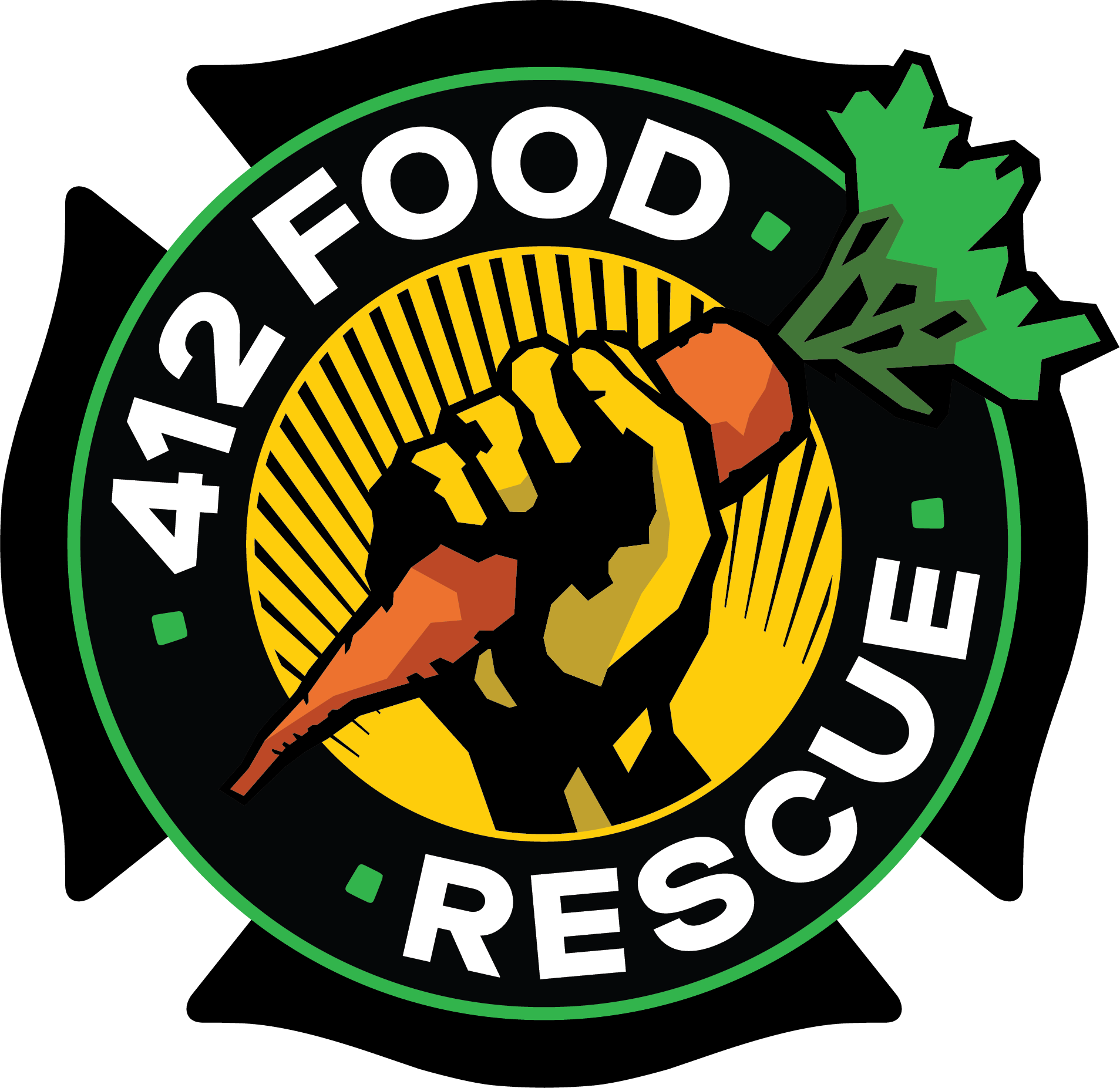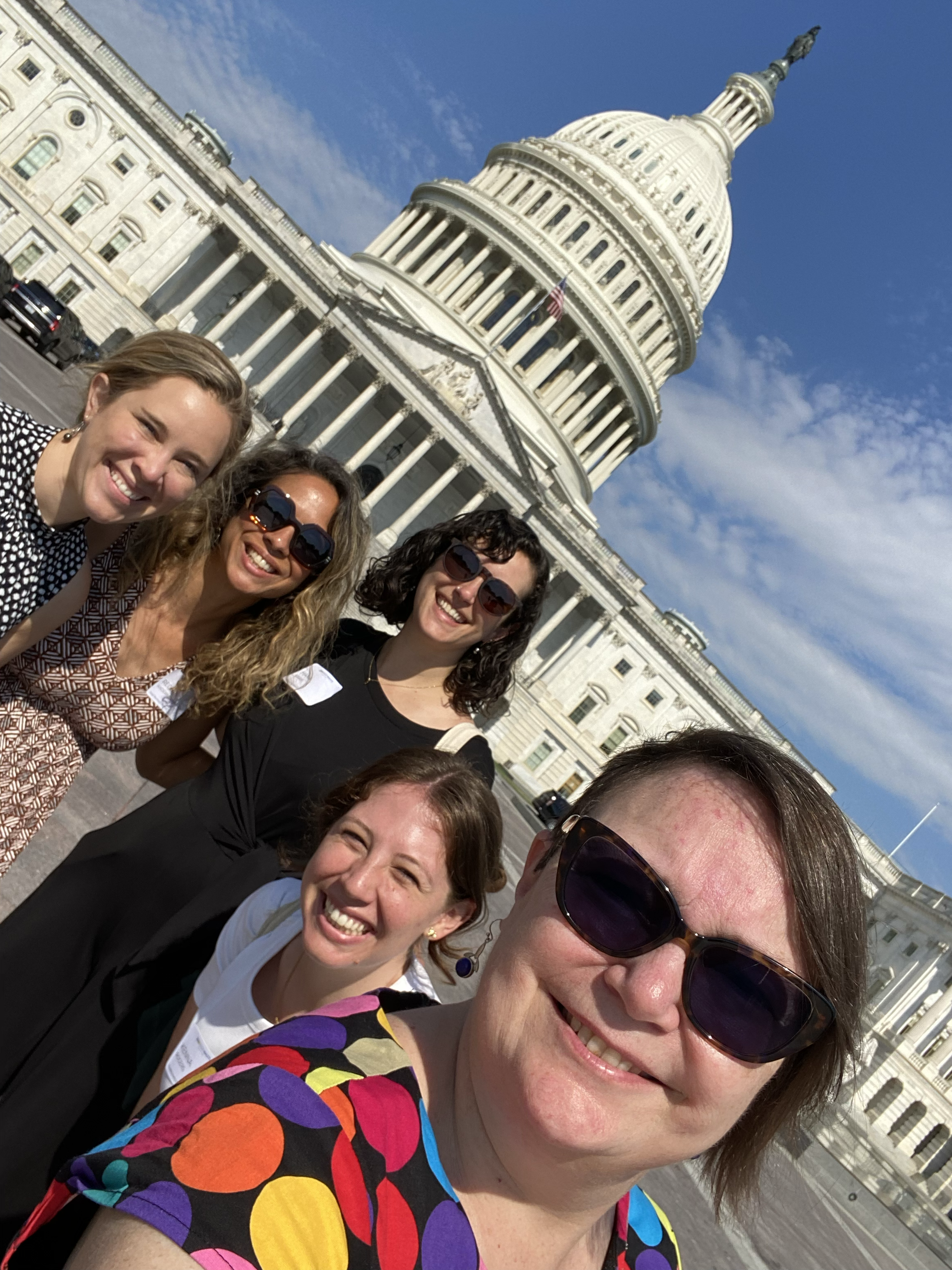Food rescue–the act of diverting good food destined for the waste stream away from landfills and to people–is the core of our mission. This work is critical to protecting the environment as well as to taking care of the community.
But to scale this work both locally and nationally we need to recognize that while the food rescue system has evolved, policy and regulations have not kept up with the evolving landscape. Working with legislators, government agencies, and other officials can provide funding opportunities, evolving liability protection for food donors, infrastructure changes that make it harder to send food to a landfill, and structural support for food recovery organizations.
412 Food Rescue is passionate about making sure the system is designed for success, not just for us, but for food recovery organizations across the country. Just like we’ve done in Southwestern PA, we know that together we can make an impact.




